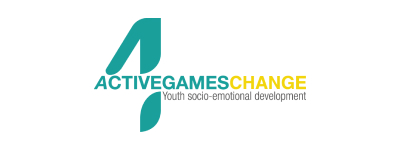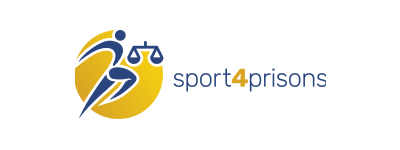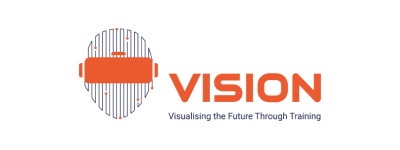
Active Games 4Change
Sport and physical activity learning environment for citizenship, emotional, social and e-competences training

Coding in prison as a valuable OUTside tool for employment
Project design
IPS_Innovative Prison Systems
Timeframe
09/2018 – 08/2021 (36 months)
Get in touch

This project focuses on contributing to breaking the cycle of incarceration by teaching inmates computer programming skills that can significantly increase their chances of employment after they serve their prison sentences.

Help reduce recidivism rates by teaching inmates coding skills that can significantly increase their chances of employment post-release.
Enhance the inmates’ understanding of a hyper-connected world and environment.
Raise the awareness of prison staff, management, educators/trainers and policy makers to the importance of digital/coding skills enhancement amongst the incarcerated population.
Empower inmates with marketable skills that can lead to employment.
Promote cooperation between prisons and external organisations that can eventually provide a job placement for inmates after release, in the software development field.
Improve the skills of prison trainers/educators enabling these professionals to train inmates on basic computer programming.
Development of a training programme focusing on basic computer programming skills (Android and iOS programming, and JavaScript).
Increased knowledge of software and coding (inmates and prison staff responsible for the training).
Development and piloting of a training programme for staff (blended learning).

Sport and physical activity learning environment for citizenship, emotional, social and e-competences training

Assessing the Risk of Isolation of Sentenced and Accused: Enhancing the Capacity of Correctional Services to Work with Convicted Children

Cross-sectoral awareness building on mental health needs in the criminal justice system and on release

Blended Learning Environment for European Prisoners

Bringing Safety on the Roads

Taking Further Prisoners’ Education Projects in Using Dialogue as Preparing for Release

European Interaction Guidelines for Education Professionals when working with Children in Juvenile Justice Contexts

European Induction Support for Adult Learning Professionals to the Correctional Criminal Justice System

Fair predictions of gender-sensitive recidivism

European Framework of Competences for Community Professionals in Gang Environments

Promoting sustainability in prisons through green competencies, education, and pathways to employment

Identifying future capabilities for Community Policing

Key Competencies for Minor Offender Reintegration

Development and testing of a process chain for the placement of former detainees as specialists in the labour market

Peer Pro-Social Modeling in Probation

Preventing Emotional and Sexual Abuse Among Young People

A flexible, multidisciplinary and transnational VET model for the PROBATION services and practitioners

Strengthening the capacity of criminal justice professionals and volunteers

New sports method for prisons as a tool to support competency development, positive values, and reintegration

Systematic Transition from Prison into the Labour Market

Training of Refugee Offenders by Virtual Reality

Secured digital education system for vocational skills for youngsters in closed institutions

Integrating Young Offenders Through the Blue Economy

Virtual reality for training inmates

Visualising the Future Through Training

Developing and Using Virtual Reality Technology for the Rehabilitation of Drug Users in Probation Services

Reducing Reactive Aggression through Virtual Reality